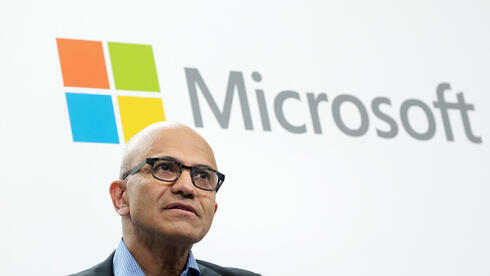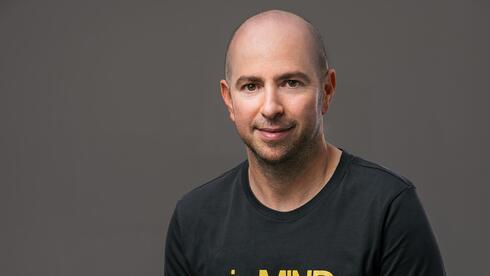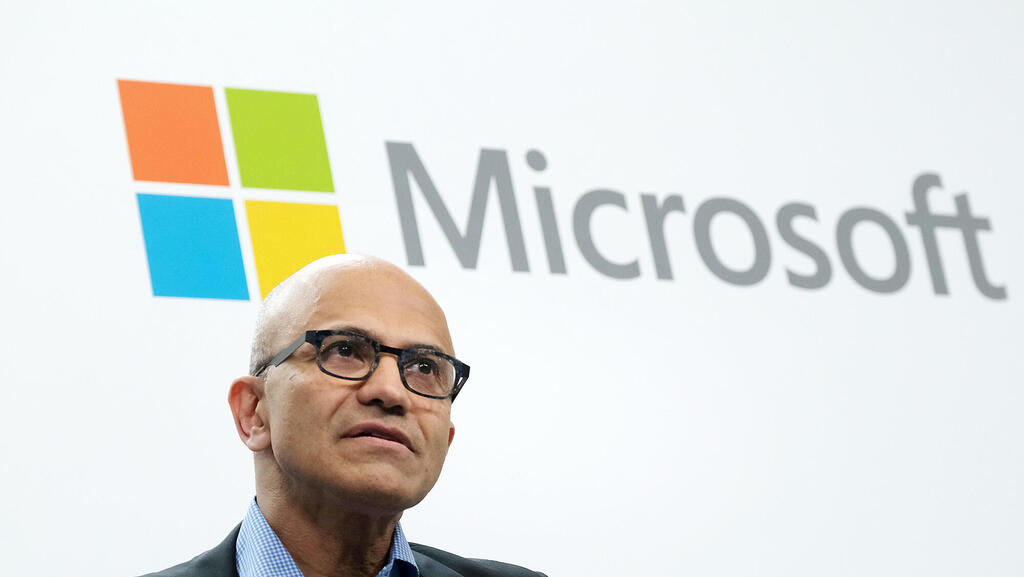
Analysis
Microsoft's new computers are a threat to both Intel and Apple
The AI computers introduced by Microsoft are based on Qualcomm processors—a direct threat to Intel, which has been the main processor supplier for Windows computers for decades. Additionally, questions arise about Apple's ability to close the gap with these new computers.
Microsoft unveiled new AI computers last week, both from its own and other manufacturers. Along with the many artificial intelligence capabilities built into these computers, they are also based on Qualcomm processors. This poses a threat to Intel's status, which has been the primary processor supplier for Windows computers for decades, and to Apple, whose new computers face direct competition from Microsoft's latest offerings.
At a launch event in Redmond, Microsoft focused on integrating generative artificial intelligence (GenAI) capabilities into personal computers. Significant announcements in the software field included a deeper integration of Copilot (Microsoft's GenAI brand) in Windows 11, including in the settings menu, file editing, file explorer, and responding to messages.
These capabilities and others will be based on GPT-4, the latest model from OpenAI, enabling Copilot to respond to queries based on what is displayed on the computer screen. However, the most important announcements, unusually for a software giant's event, were in the hardware field. The most significant was the launch of a new AI-oriented computer category called Copilot+PC. "Microsoft is bringing the AI wave to PCs," promised the company's CEO, Satya Nadella, at the event.
These computers feature Qualcomm's Snapdragon X series processors, which are based on the ARM architecture, similar to Apple's flagship processors. These processors include specially developed neural processing units (NPUs) to power their AI capabilities. Microsoft is launching Copilot+ computers under the Surface brand, but leading Windows manufacturers—Lenovo, Dell, Acer, Asus, and HP—will also launch computers in this series, which will feature at least 256 GB of storage and at least 16 GB of RAM (double the base model of Apple's MacBook Air).
Leading application developers, including Adobe, Spotify, Zoom, Slack, and Google (Chrome developer), are adapting their applications to the new processors. Microsoft has also developed an application to adapt Intel-based applications for the new computers. The move to the new architecture allows Microsoft to integrate deep AI capabilities into Windows. One feature, called Recall, will locally monitor user actions and enable searches to find content easily, such as a conversation in Discord or a slide in a PowerPoint presentation, using natural language. Another capability will allow real-time subtitles and translation from 45 languages for any voice application running on the computer, like a Zoom call. Cocreator allows the user to start drawing, with the system updating the rough drawing to a more polished creation in real time.
To demonstrate these capabilities, Microsoft introduced the Copilot+ model under its Surface brand. These computers will use Qualcomm processors instead of Intel, with prices starting at $999.99 for the 13.8-inch model and $1,199.99 for the 15-inch model.
Microsoft's launch represents a new threat to Intel and Apple. Intel has been Microsoft's main partner in developing and marketing Windows computers. The partnership was so close that industry insiders often referred to Intel-based Windows computers as "Wintel." The importance of Windows for Intel has been particularly significant since Apple transitioned from Intel processors to Apple Silicon processors in 2020. With no significant presence in the mobile field and significant revenues from foundry activities still years away, Intel's presence in the Windows computer market is more critical than ever for stabilizing its revenues.
Although these are not the first Windows computers without Intel chips—AMD is a stable supplier, and there is a small market for ARM-based Windows PCs—Intel has always been the primary processor supplier. The Copilot+ computers will not completely displace Wintel computers but mark a new direction that should concern Intel.
Windows computers have struggled to generate interest for decades, a challenge even Apple's founders faced. However, the new AI-centric computers disrupt this paradigm. "I tried Microsoft's new AI-centric computers. Windows is exciting again," declared a Wall Street Journal headline. In her article, reporter Joanna Stern stated that Microsoft convinced her of the benefits of integrating AI capabilities into a built-in computer. She noted that the switch from Intel to ARM architecture removed issues like heating, noise, and short battery life, and a similar improvement is expected in Windows computers.
Microsoft's winning computing strategy, with innovative chips and unique software capabilities, presents a clear warning to Intel. Microsoft is expected to allow Copilot+ computers with Intel processors in the future, and Intel must ensure its products do not fall short of Qualcomm's.
The threat to Apple is explicit. "Apple has done a fantastic job of innovating the Mac," Nadella told the Wall Street Journal. "We intend to surpass them in performance." At the launch event, Yusuf Mehdi, senior vice president and VP of consumer marketing, compared the Copilot+ computers to Apple's MacBook Air, promising they would be "58% faster" with a more powerful battery that could last "all day" without charging.
Microsoft expects to sell 50 million units of these computers in the coming year, representing a significant market share not using Intel chips. These computers feature structured and deep GenAI capabilities based on OpenAI's models, an advantage over Apple Macs, which still rely on Siri, whose capabilities have stagnated for a decade.
Apple has yet to present its AI strategy, expected at its developer conference on June 10. The company must fill many gaps as the GenAI revolution caught it off guard. Reports suggest significant collaborations with OpenAI or Google are on the agenda. The upcoming event is Apple's chance to prove it can match Microsoft and Google in AI capabilities.
If Apple's performance does not meet expectations and the new Windows computers live up to Microsoft's promises, discussions about an Apple AI crisis may begin, questioning whether the world's largest technology company is missing out on the most important technological revolution of our generation.














